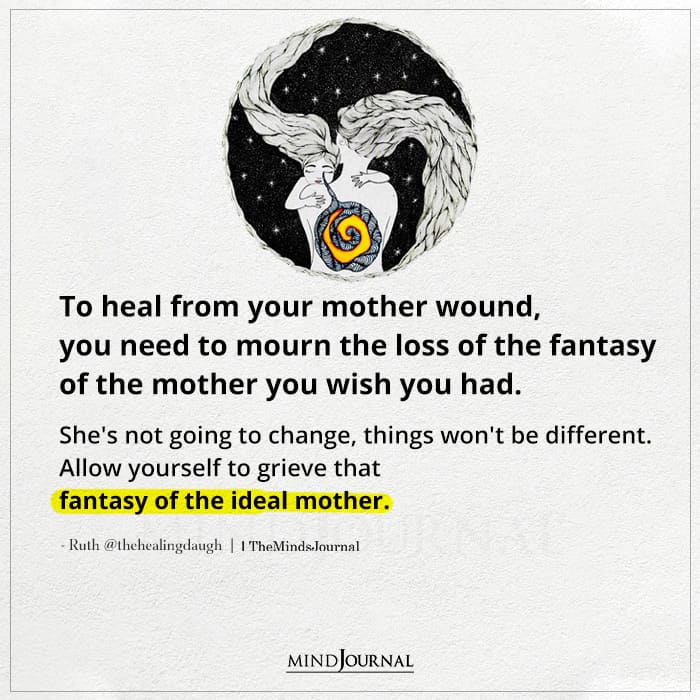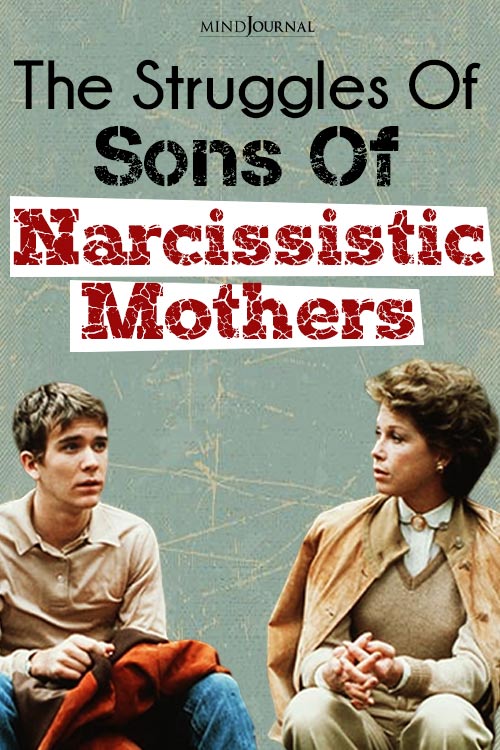Having a narcissistic mother is, safe to say, one of the most traumatic things to go through. Sons of narcissistic mothers look at the world and relationships in an entirely skewed way, and this is due to the lessons they have learned growing up with a narcissistic mother.
KEY POINTS
- The worldview of a young man whose mother has narcissistic personality disorder becomes skewed.
- NPD is characterized by an inflated sense of self-importance and a lack of empathy, among other traits.
- Once one have been gaslit, they may always suspect the people they are close with may be holding matches.
Research has shown that children of narcissistic parents may struggle with issues such as self-esteem, boundaries, and identity formation. However, little research has been conducted on the specific relationship issues that the sons of narcissistic mothers may face.
The studies that have been done indicate that narcissistic parenting can have a number of negative effects on children. A study published in the Journal of Personality and Social Psychology found that children of narcissistic parents have lower self-esteem and are more prone to anxiety and depression (Konrath, et al., 2011).
A separate study in the same journal found that children of narcissistic parents are more prone to developing narcissistic traits themselves, as well as experiencing difficulties in relationships with others (Barry, et al., 2003).
Related: 20 Signs Of A Toxic Mother
The Struggles Of Sons Of Narcissistic Mothers
When you are a young man and your mother is a narcissist, your view of the world becomes skewed, because you are commanded to see it through your mother’s eyes and do her bidding.
Eventually, you see (or imagine) that most, if not all, relationships are like this. As a result, you may become programmed to steer clear of relationships and not allow yourself to be vulnerable as an adult.
Narcissistic personality disorder (NPD) is a condition characterized by an inflated sense of self-importance, a lack of empathy, and a need for constant attention and validation.
Narcissistic individuals may have difficulty forming and maintaining healthy relationships, and their behaviour can have a detrimental effect on the people around them with particularly long-lasting damaging effects on their children.
This is one reason why a focus on personal and relational identity—which became so popular with Gen Zers—has now entered mainstream culture. If you don’t know who you are or have a positive sense of identity, it is difficult to relate to another person on an intimate level.
In extreme cases, it becomes hard to relate to people or groups generally, because of social anxiety. When you are not certain about who you are and you have low self-esteem—because someone was always telling you that you weren’t good enough—it is difficult to trust other people or believe they are being authentic when they show kindness.
Once you have been gaslit, you will always suspect the people you are close with may be holding matches. And without trust, true intimacy is almost impossible to find. These issues directly impact your ability to have any kind of meaningful relationship, because you are always questioning yourself and the ones who love you.
Sons of narcissistic mothers often struggle to break free from their mothers. The book, The Sons of Narcissistic Mothers, by Randi Fine and Shari Schreiber, LMFT, is dedicated to helping men overcome the effects of growing up with a narcissistic mother.
Related: How To Know You Have A Narcissistic Mother Wound
It offers practical advice and support for adult sons of narcissistic mothers who have escaped from, or are in the process of escaping from, their mother’s toxic legacy of smothering love, manipulation, and control.
The guidebook is intended to help them come to terms with the reality of having grown up with a narcissistic mother and to help them move on.

If this has been your experience, know that it will take time, and therapy, but you can heal. You can work through your childhood trauma and discover your true potential as an adult.
In doing so, you can experience greater joy and fulfilment and create a life that works the way you want and love the people who bring you happiness.
Written By Barton Goldsmith Originally Appeared On Psychology Today










Leave a Reply